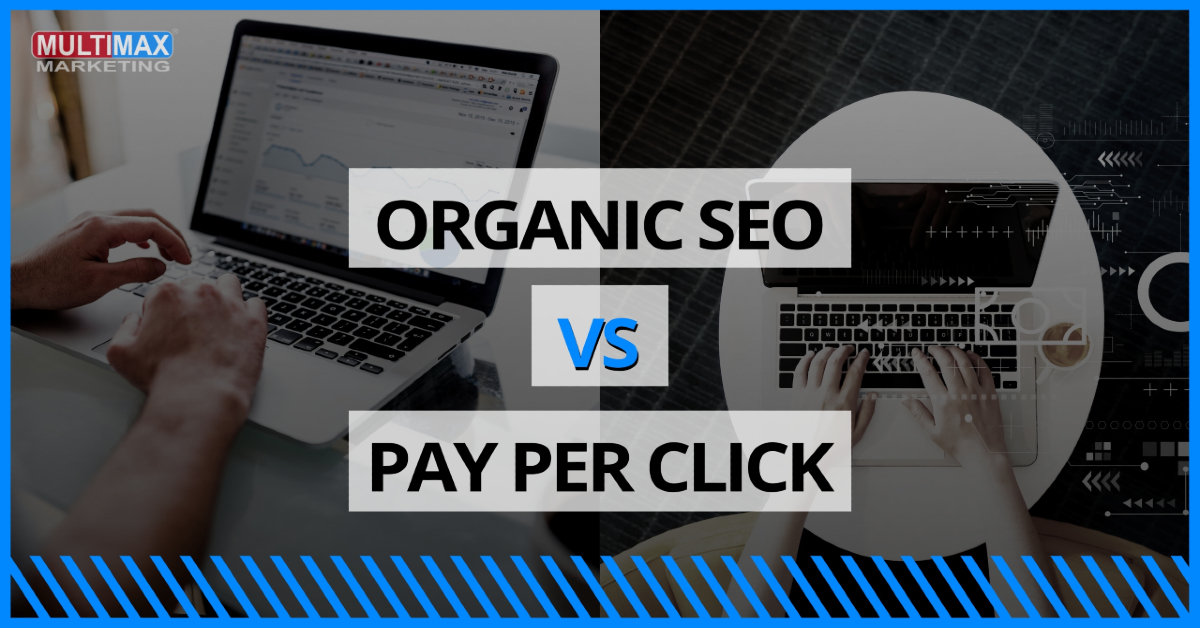In the strictest sense, SEO – search engine optimisation – is a different process entirely to pay-per-click (PPC) marketing campaigns. This article will look at what differentiates the two digital marketing techniques, as well as the strengths and weaknesses of each technique.
SEO
Search engine optimisation is all about making organic – on the page – changes to your content in order to appeal to google and other search engines, thereby bringing in traffic. It targets particular keywords and phrases that you feel your chosen market will be searching for. Finally, it makes sure that search engines understand exactly the kind of content you have – as well as the precise goods and/or services you offer – in order to deliver the right searches to your site.
Good SEO can do more than deliver traffic, though. It can reinforce your branding efforts by making sure your name appears in proximity to results in your field, increasing brand recognition and conferring authority by showing people that Google. At least, finds you relevant to the topic.
Good SEO also inspires trust because many people immediately distrust the sponsored results at the top of the page (we’ll get to them in a moment). They consider sponsored terms to be adverts (and they are), but the un-paid-for results that Google delivers up to be more honest, unbiased attempts to deliver the information requested. They are even correct, for the most part.
PPC
Pay Per Click campaigns are essentially search result advertising. Like a conventional advertising campaign, they ensure that the first information a potential consumer sees is commercial in nature. However, unlike traditional advertising methods, PPC campaigns are very narrowly targeted.
In the case of Google and other major search engines, that means using everything Google knows about a searcher – and it usually knows a scary amount – to make sure you are paying to have your sponsored search results put before exactly the right type of people, in exactly the right situation and with exactly the right mission for their search.
If you wanted to target ‘young professionals who are probably considering getting a mortgage’, it would be very easy indeed. Exactly who you target depends on your marketing plan, but it will almost always be either people who are looking to buy your goods or services right now, or people who you’d like to nurture as long-term leads.
Advantages
Primarily, SEO gives out results slowly, but once you’ve made your initial investment of time (and perhaps salary), it will keep working indefinitely. However, if someone else has done a better job targeting the same organic SEO terms, they will be getting the traffic you targeted most of the time no matter what. Competition can be fierce.
PPC campaigns work quickly, but only for as long as you keep paying. You are literally paying for each click, and once you stop paying, your sponsored results disappear. You can become competitive very quickly if you have enough money, as the clicks are effectively ‘auctioned’ to whoever is willing to pay more for them at that particular moment.
Which is better? That depends on what you want to achieve. The actual cost per click is almost always higher with PPC campaigns, but it pays off in results almost immediately. Organic SEO is more of a long-term investment.





Comments are closed